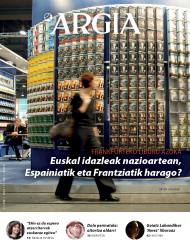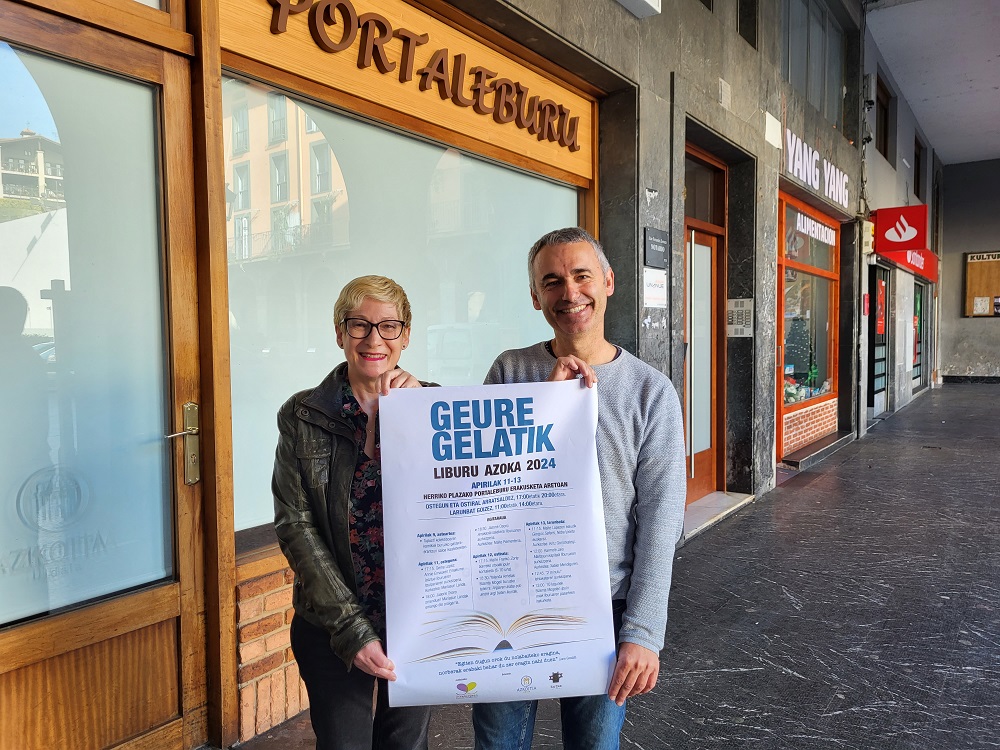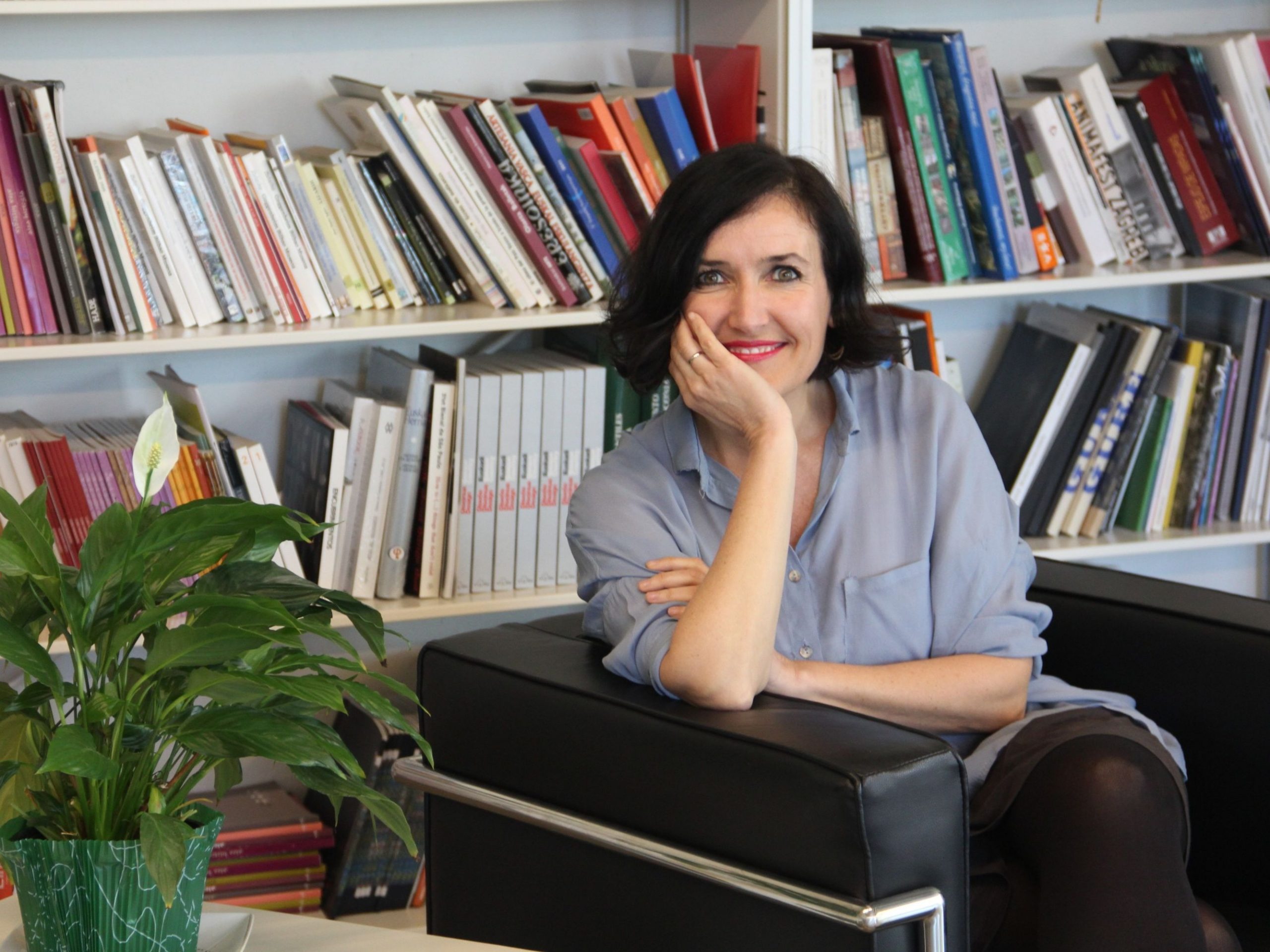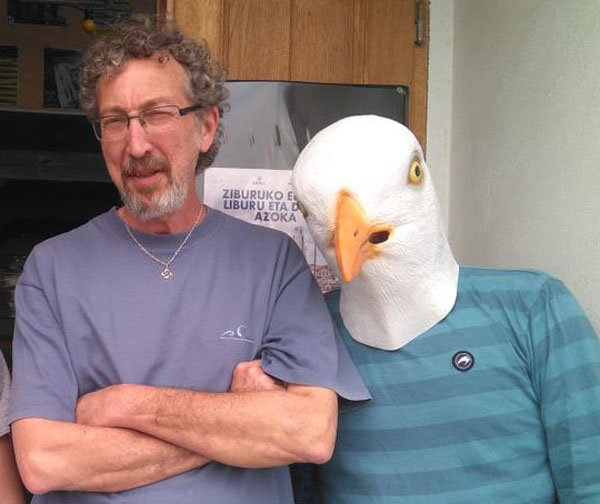“Politically we have set a clear counterpoint”
- Petra Elser has been organizing in recent months the Beyond Spain initiative, which was launched when Spain was to be the guest country at the Frankfurt book fair. They have held conferences, round tables, readings, etc. Elser is a translator, has lived for a long time in Euskal Herria, but recently returns to Frankfurt where he works and lives. It remains in contact with the Basque reality. We have known the experience of euskaldunizar translators, activists and immigrants.
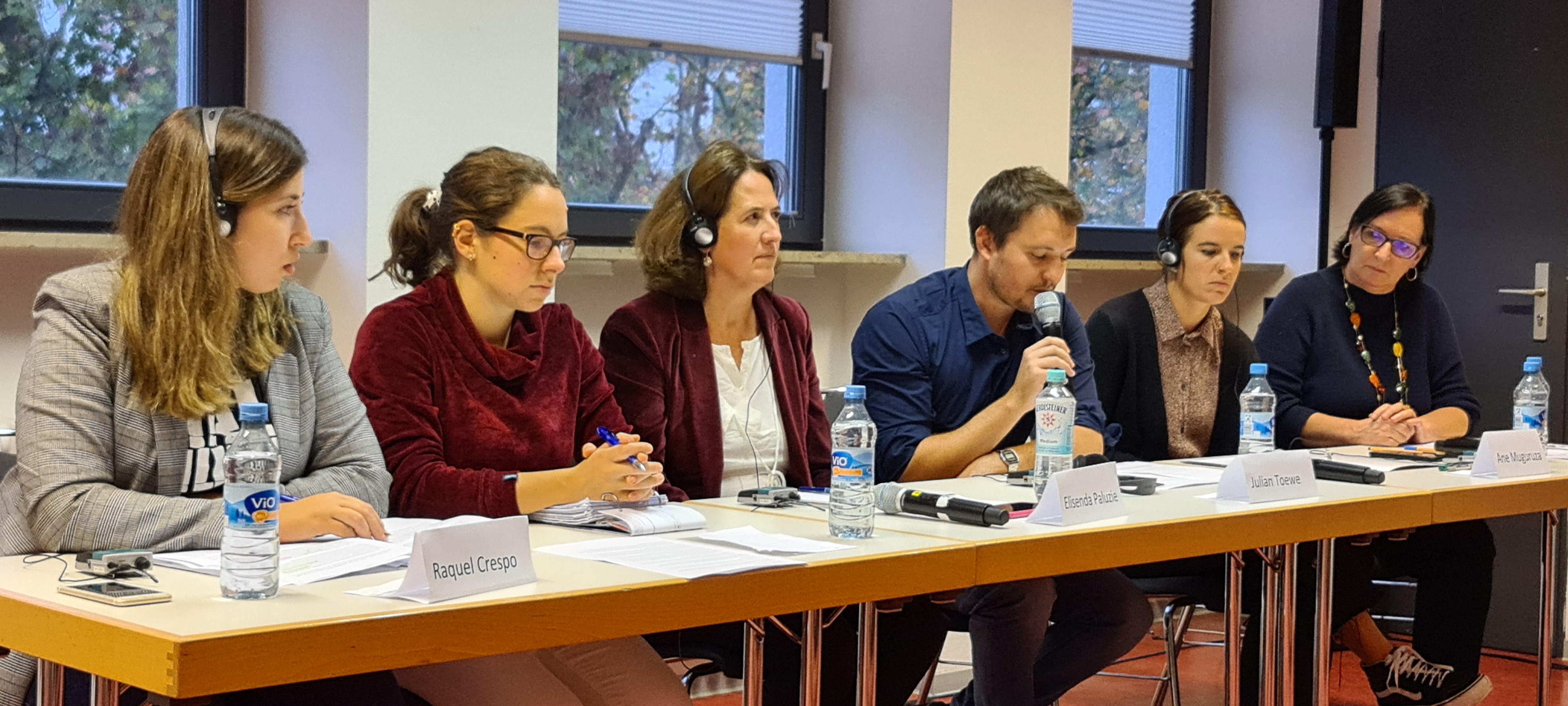
How has your programme gone in Frankfurt?
We are generally very happy. Around us, 25 writers, rapporteurs and participants have moved and approached. Basque, Catalan and Galician diasporc community established in Germany and its surroundings. It has been a good opportunity for us to build relationships between writers and people from different communities. Between literature and different worlds, trade unionists, those who work politically…. We have made a clear counterpoint politically. We have opened the book fair and we have seen the kings of Spain almost every day in the media and we have given another image, we have created a space against.
Some writers have appeared in the press as Spanish: Katixa Agirre, Bernardo Atxaga… But we have not fed that and are happy in that sense. Then we heard interesting lectures, nice and multitudinous readings, rap concert with full room, groups from the three linguistic communities. That has never been done in Germany, it was very culturally significant and in that sense we are delighted.
Why did you see such a format necessary?
We do not know whether the Spanish strategy was devised by themselves or was proposed or forced by the Germans. In all cases, the strategy was presented as indicators of cultural diversity. They invited many Basque, Catalan and Galician writers to demonstrate that they are very open, that they all have room, that they all fit within Spain and that they are all Spanish. We wanted to show that that is wrong. Although linguistic diversity or Basque and Catalan literature is shown here, then linguistic policy is very different. We wanted to show what really happens in the communities of our nations and what language policy is and where they cut down on language use. And that as long as we are forced into Spain, there will never be every right to live in its own language. How to present our literature, our policy, our culture from our perspective, within a pre-established program, as a guest. With money you can do everything, if you get paid the flight you can bring writers.
Which audience has approached it?It has been different depending
on the events. To the acts of historical themes, Gernika and the War of 1936, mainly young people have approached acts of memory. It was perceived that they do not know this topic and are interested. The young people approached the topic of repression and then the leftist people of yesteryear, for the interests of always.
To the talks on linguistic and political rights, teachers, trade unionists, relations with immigrants. The issue of minority languages is not exclusive to Basque Country, many countries have minority languages. In countries of immigrants coming from Africa they speak minority languages, but they are not accepted. German schools have a high percentage of foreign students. We try to get the experiences there to understand the people here so that they too can use them in their work.
In the readings we have gathered people of two types: on the one hand, those who had references, especially the Basque literature, some also Catalan and Galician. On the other hand, popular audiences, neighborhood audiences, or literature buffs.
Has any relationship emerged with the Basque literature?
That relationship that emerged here a long time ago. 15 years ago we introduced Joseba Sarrionandia's Frozen Friend translated into German. Subsequently, the Zubiak literary collection was created and a collection of Basque writers was published. It still exists in several places. Raul Zelik published Lagun armatua. Then there are several readings organized by the Euskal Etxea. Basque writers are invited. So there are people who have referrals. The reading of the icy friend was done in a very interesting format: one person told the history of the book and three people read fragments of books, a young Kurdish, a man who came from Iran as a refugee 30 years ago and a doctor who has been in the Mediterranean helping refugees on a boat. The idea was that all three of them read a novel, but at the same time had introduced their own story. I really liked it. This was to treat literature in a popular way and be part of life, politics and society and not to commodify it.
What is the role of Etxepare at a fair like Frankfurt?
Our role in general is not in the market sphere. There are professionals, in this case editors, authors, translators… a whole system. The fair in Frankfurt is a fair for the sale and purchase of rights, not a fair for the... [+]







